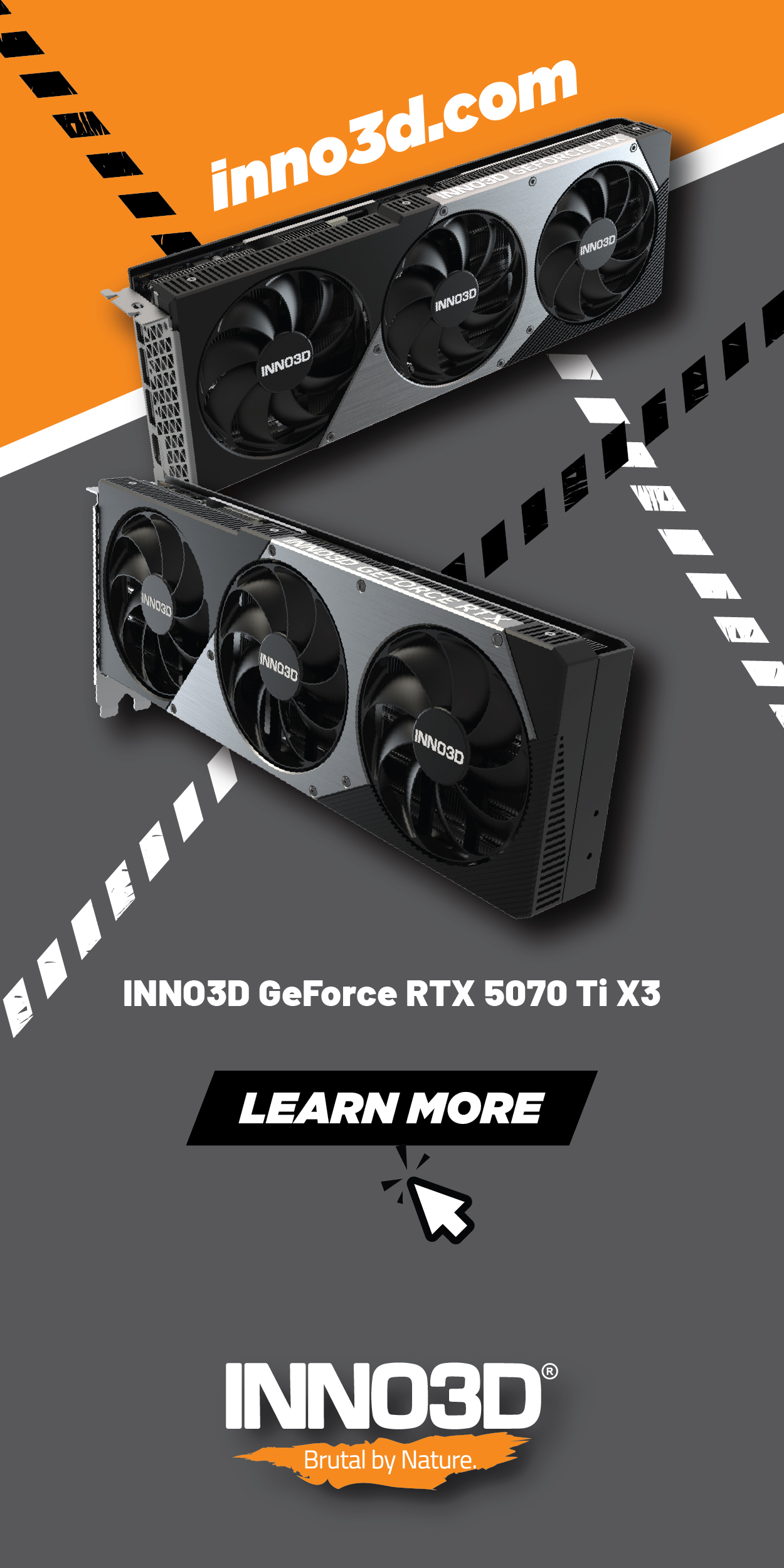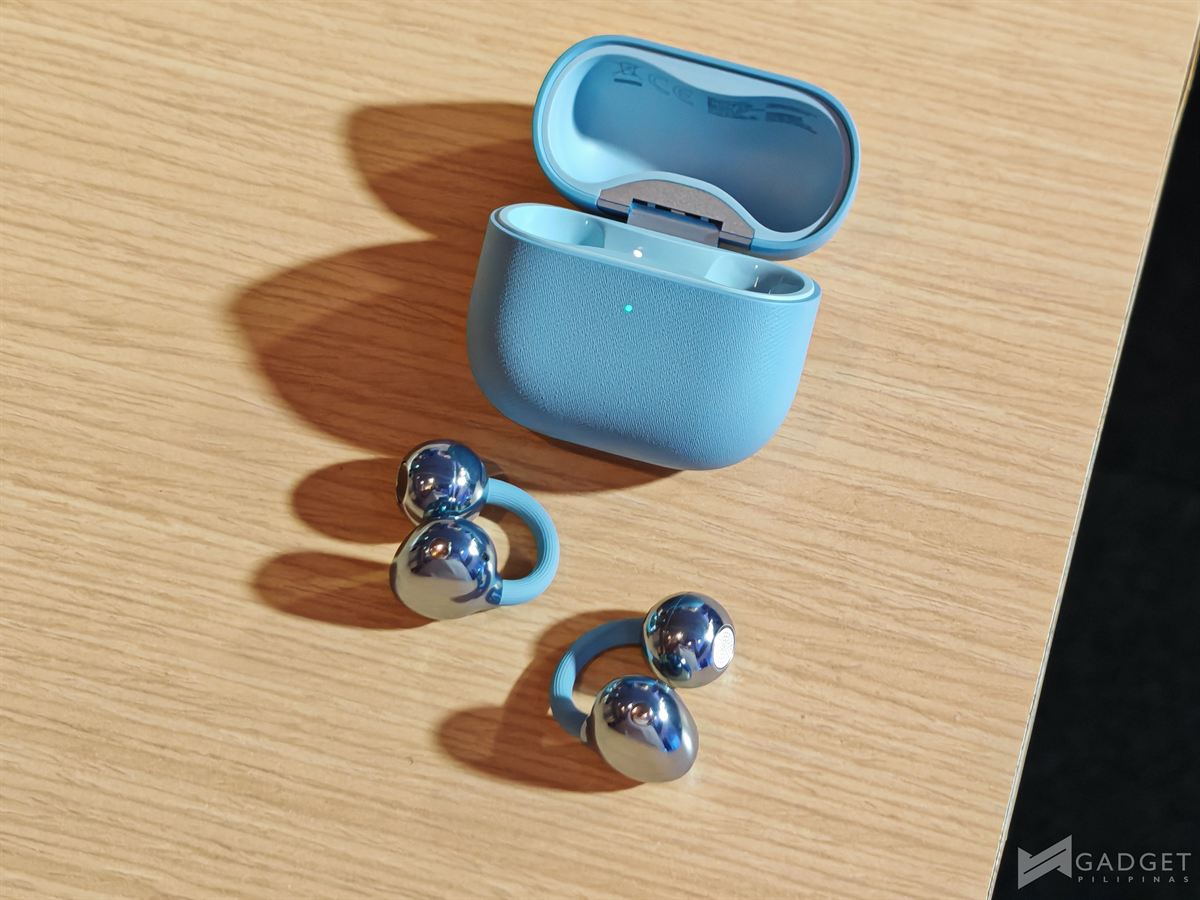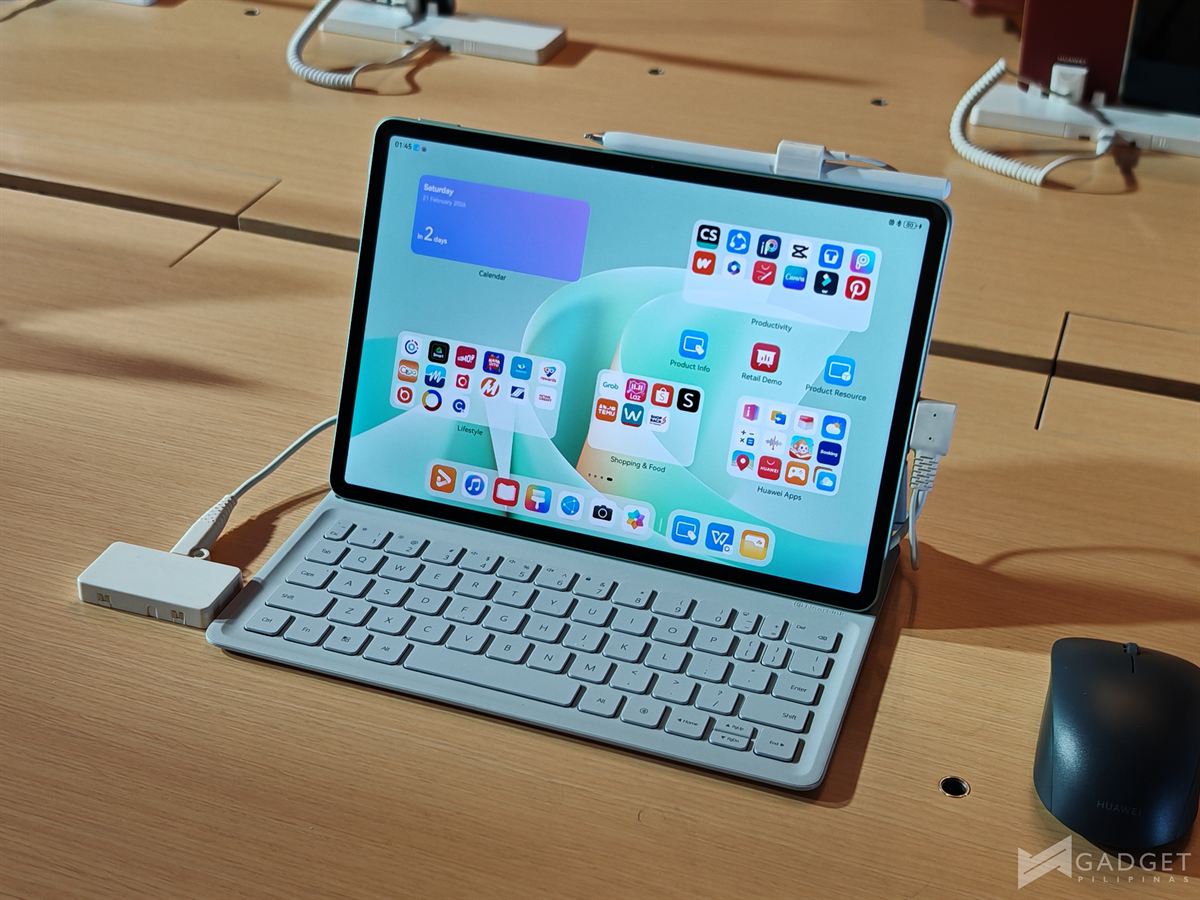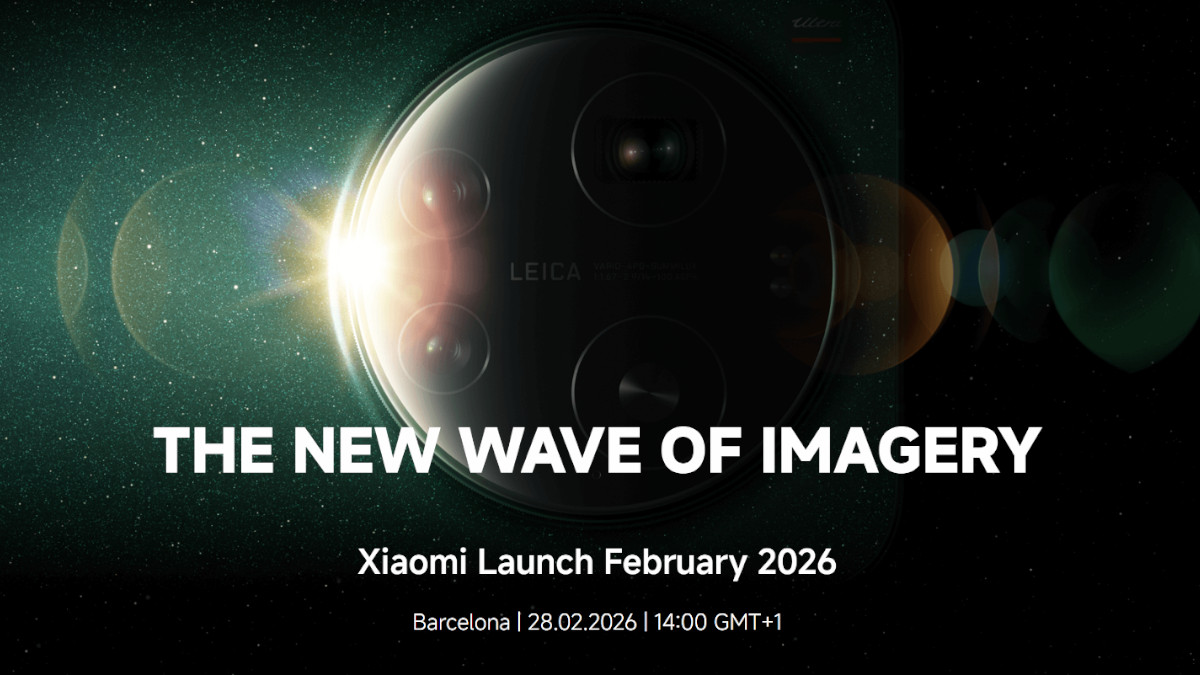Google has suspended business operations with Huawei, according to a report. In addition, it was also reported that chipmakers including Qualcomm, Intel, Xilinx, and Broadcom have also joined the suspension. The suspension is to comply with the trade blacklist made by the US Commerce Department that includes the Chinese company, Huawei Technologies Co Ltd.
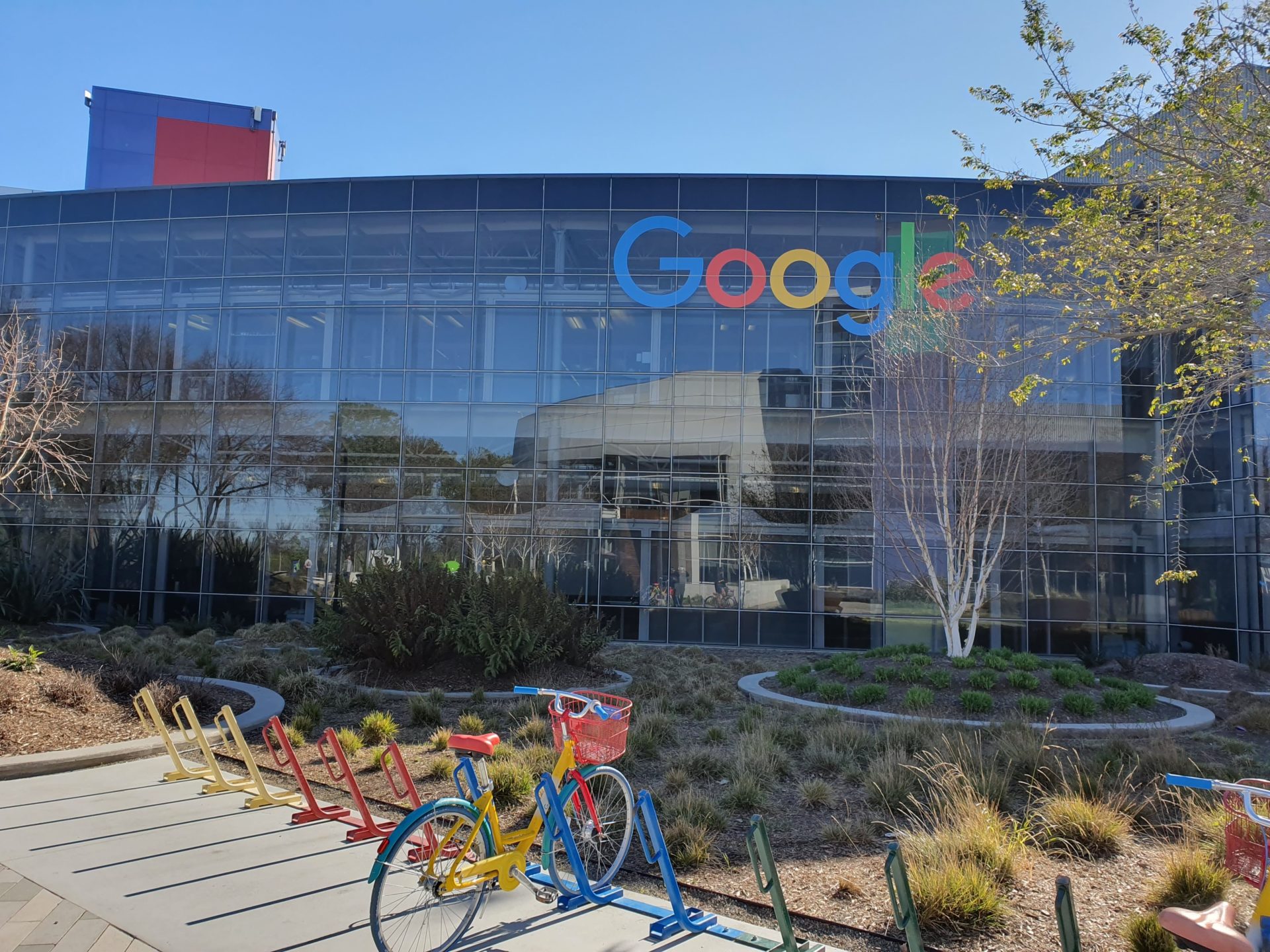 Google, through the official Twitter of Android, has since clarified that existing Huawei devices will still have services like Google Play and security from Google Play Protect to continue functioning.
Google, through the official Twitter of Android, has since clarified that existing Huawei devices will still have services like Google Play and security from Google Play Protect to continue functioning.
For Huawei users' questions regarding our steps to comply w/ the recent US government actions: We assure you while we are complying with all US gov't requirements, services like Google Play & security from Google Play Protect will keep functioning on your existing Huawei device.
— Android (@Android) May 20, 2019
Future Huawei devices, however, will continue to have access to the version of the Android operating system through the open source license, Android Open Source Project. But the suspension means that Google will stop providing access, technical support, and collaboration involving proprietary apps and services to the Chinese company.
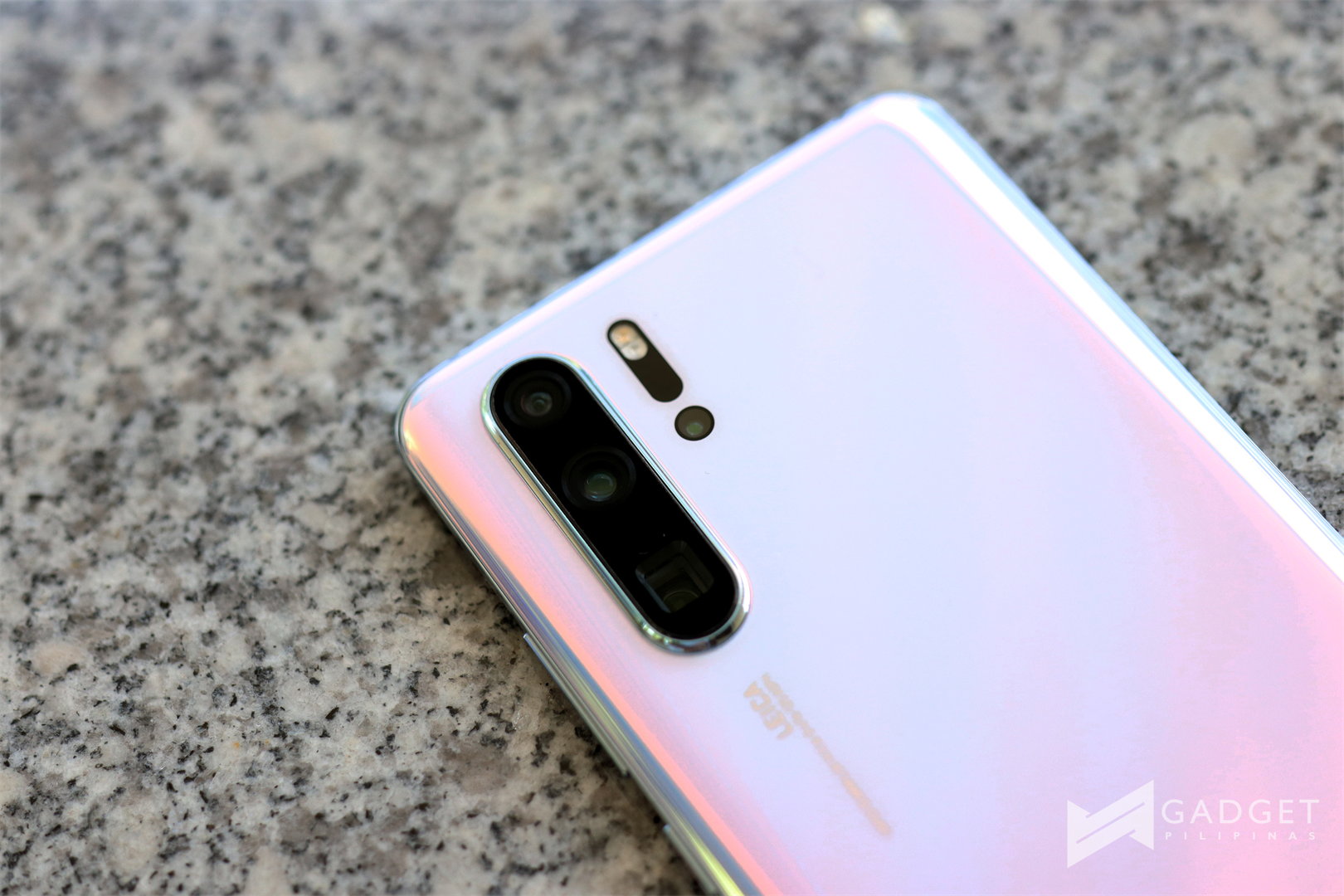 What does that mean? Well, this means that Google apps like Gmail, Youtube, and Chrome that are available from the Google Play Store will no longer be included in the future Huawei smartphones because these services require an agreement with Google. While not having the Google native apps will be a seemingly minor blow in the Chinese market with most Google mobile apps banned in the country, it will definitely affect other markets like Europe and Southeast Asia, the Philippines included.
What does that mean? Well, this means that Google apps like Gmail, Youtube, and Chrome that are available from the Google Play Store will no longer be included in the future Huawei smartphones because these services require an agreement with Google. While not having the Google native apps will be a seemingly minor blow in the Chinese market with most Google mobile apps banned in the country, it will definitely affect other markets like Europe and Southeast Asia, the Philippines included.
The blacklist by Google alone looks to be massive for the Chinese company. Let’s not forget that companies like Qualcomm and Intel, and Broadcom have also joined the fray. And while it has been reported that Huawei has prepared for a possible blacklist by stockpiling chips and vital components for at least three months, the real question is what happens after?
Huawei has since released a statement regarding the Google blacklist in which they mention:
“Huawei has made substantial contributions to the development and growth of Android around the world. As one of Android’s key global partners, we have worked closely with their open-source platform to develop an ecosystem that has benefitted both users and the industry.
Huawei will continue to provide security updates and after-sales services to all existing Huawei and Honor smartphone and tablet products, covering those that have been sold and that are still in stock globally.
We will continue to build a safe and sustainable software ecosystem, in order to provide the best experience for all users globally.”
While it is reassuring to Huawei users around the globe that they will provide security updates and after-sales services for existing Huawei and Honor smartphones and tablets. But it is a big blow to the company, no matter how you look at it. Our question is how will they bounce back and will they get away with it? Tell us your thoughts. Let’s discuss.
Ram found his love and appreciation for writing in 2015 having started in the gaming and esports sphere for GG Network. He would then transition to focus more on the world of tech which has also began his journey into learning more about this world. That said though, he still has the mentality of "as long as it works" for his personal gadgets.




